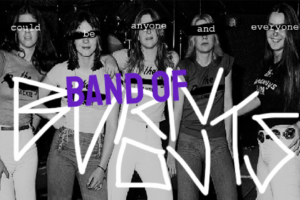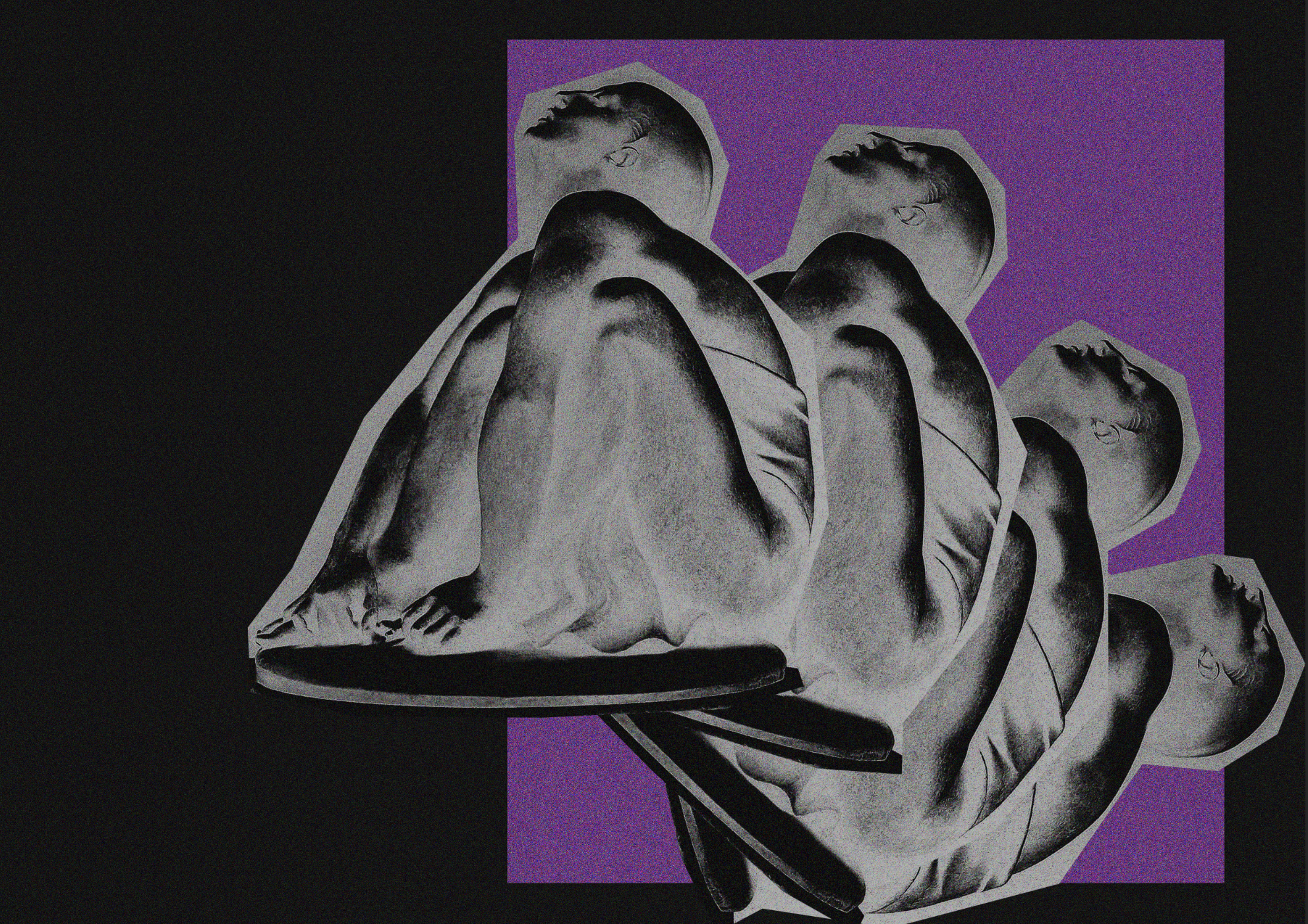Band of Burnouts
📌 Further Introduction to the Lab
A page of additional background to the Band of Burnouts lab.
Since first documentation of the burnout condition in the 1970’s, with the 1980’s cementing its classification as ‘occupational syndrome,’ a questionable absence of development has been made in understanding its expansion beyond the realm of waged work and the typical office job.
In a time of record unemployment and blurring boundaries between work/non-work, a contemporary understanding is necessary of what happens during burnout, how it is experienced, and what it is telling us about the state of our lives and all their surrounding relations today. This is Band of Burnouts.

Society of the Absent Presence
The burnout intersects at a point sociology has largely abandoned; that of the studies of both mental illness and embodied experiences, both of which are under urgent need of contemplation. This urgency calls for a commoning; including calls for personal accounts, as well as dedicated attempts at presenting new directions for analyses of suffering. This project seeks to develop a greater understanding of the burnout, picking up on the loose threads and unanswered questions that the fields of formal, natural, and, to a large extent, social sciences, have until now left uninterrogated or ignored. The burnout is symptom (of what, we will investigate) that in turn, has symptoms. As a symptom, it also does something. It has a feedback to it – to that which it produces – which also calls for investigation.
Through addressing areas such as personal narratives of illness, poetics and politics of the body and ‘disorders of the mind,’ and multi-dimensional understandings of the ‘work’ within our lives, Band of Burnouts seeks to employ socially relevant and new ways of examining this pervasive phenomenon.
‘It’s better to burn out than to fade away’
– Neil Young, Hey Hey, My My (Into the Black)
Band of Burnouts explores, and argues for, new approaches and practices that are both compassionate and critical—placing emphasis on examining causality, experiences, and insights that provide new readings and meanings, rather than remedies. We want to find the details that have not been accounted for.
We want to develop experimental theory and transdisciplinary research strategies together. Taking the burnout as a very contemporary event, our proposition of fostering a theory or an A-Z understands itself as exploring subjective and embodied modes of discourses, undertaking a multi-voice, multi-perspective, transdisciplinary address towards its own potent analysis. One that is open and expandable, transgressing conventions and disciplinary boundaries, closer to a gathering a quarry of ongoing, immanent knowledge and cathedral thinking (fragmented and broken as it may be) rather than a building a sturdy, ever-lasting, immovable castle.
Our Ways & Workings include:
